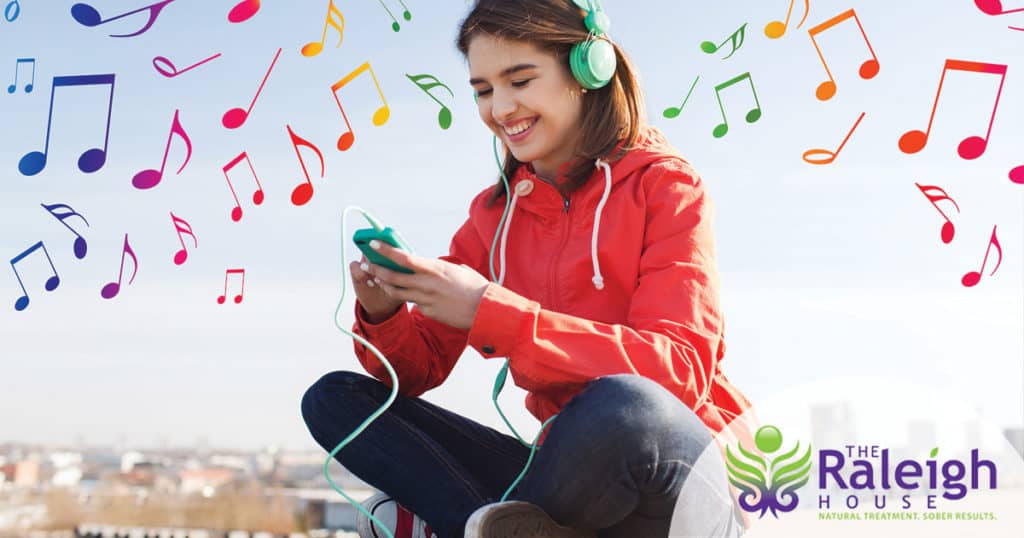
Stress. Boredom. Loneliness. Everyone who is alive feels these emotions from time to time. The danger for recovering addicts is the possibility that they could trigger a relapse.
The good news is that, by the time you complete treatment, you’ll have a whole arsenal of tools to deal with these emotions. One of the most pleasurable—and often overlooked—is music therapy.
We all know the power music has to transform a mood. Bruce Springsteen’s “Born to Run” is energizing, while Eric Clapton’s “Tears in Heaven” was voted the saddest song of all time by Rolling Stone readers. Music therapy, when led by a trained professional, harnesses the power of music and uses it to accomplish one’s individual goals. While it’s used by all ages for many different reasons, music therapy in addiction recovery has proven especially beneficial.
Music Therapy Addiction Treatment
Everyone’s recovery is different, of course, but there are a few common challenges.
- Stress
- Boredom
- Loneliness
- Difficulty concentrating
- Depression
Research shows that music therapy can help with all of these emotions and conditions. The Journal of Music Therapy reports that song writing and lyric analysis were shown to significantly increase feelings of acceptance, joy and happiness while significantly decreasing feelings of guilt, regret and blame. In fact, 75 percent of participants cited music therapy as a significant tool in their recovery
Other Ways Music Can Help
While music therapy in addiction recovery is best done with a trained professional, there are other less structured ways that music can help.
The right tunes can help you push yourself harder in a workout, releasing a flow of feel-good endorphins. Learning to play an instrument can relieve both boredom and stress. (Simple drumming is relatively easy for even the non-musically inclined to learn.) And music can also help beginners reach a meditative state.
There’s just one thing to watch out for: As much as you may love them, it’s not a good idea—at least early on in recovery—to listen to all the same songs you did back when you were drinking. There’s even a term for this — “Romancing the Drink.”
Can’t carry a tune? Don’t worry, you can be completely tone-deaf and still benefit immensely from music therapy.
Lastly, remember that everyone’s relationship to music is different. Music with a fast beat may be relaxing to you, and that’s fine. (Enya is not everyone’s idea of a good time.)
Planning Ahead for Success in Addiction Recovery
You don’t start thinking about preventing a relapse after you leave rehab. At The Raleigh House, you begin laying the foundation to manage your addiction from the moment you walk through our doors. Music therapy is just one of the tools at hand.
If you—or someone you know—are ready to make a change, we’re ready to help every step of the way. Fill out our form or contact us today to learn more about our treatment program, music therapy and substance abuse.




